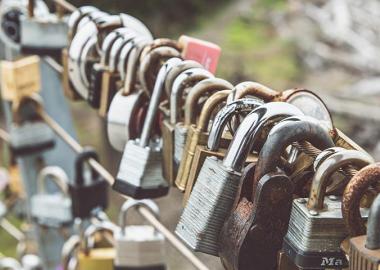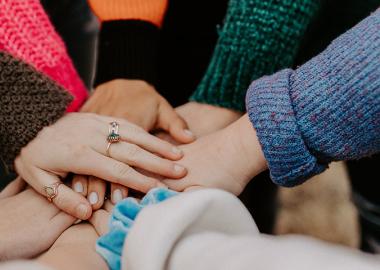The child licensing system – regulating the permissions needed when young people under the age of 16 take part in a performance – was originally designed to protect children appearing on stage or in TV shows or films which were paid or working for a company financially benefitting from their labour. It is meant to safeguard children from commercial exploitation, working inappropriate hours for their age and missing out on their education.
And that is what the legislation and regulations are fit for – but not to manage the participation of children in one off concerts with their music school, music education hub, local youth orchestra, brass band or choir.
In recent years, following high profile cases of child abuse, local authorities have understandably become nervous. Where previously, understanding perfectly well the kind of activity undertaken by music groups and using the discretionary powers granted them by the regulations, they would not require a licence for children taking part in concerts, they have increasingly been applying the strictest possible interpretation of the rules.
This is causing extra work for volunteer-led groups as well as actually denying some young people access to fantastic musical opportunities. So something needed to be done!
As this issue does not just affect music groups, the logical step is to work with others to achieve change. On behalf of the member organisations of the Music Education Council, Music Mark have been taking this issue forward with the Department for Education. Essentially, the plan is to ask for an exemption from the child licensing regulations for amateur music activity on the grounds that it is educational.
I believe there is some sympathy for this point of view and that matters are being considered, but there is no chance that this will happen any time soon – an overstretched civil service, as you can imagine, has many higher priorities in a department which is looking at the introduction (or not) of Ebacc, new grammar schools, and more. So please bear with us and we promise this is an active campaign, if slow!
Meanwhile, on a practical level, the new guidance last year by the NNCEE at least recommends how councils should interpret the rules, even if they then still have discretion not to act on those recommendations. You can access that through our child licensing resource. Making Music also offers DBS checking affordably to members as well as template safeguarding policies and resources. Pragmatically, you should further take into account that child licensing services are overstretched, and for understandable reasons are currently focussing rather strongly on children in sport. Asking them too many questions is therefore not necessarily helpful to either them or you.
None of this, it goes without saying, relieves you of the responsibility of looking after children in your music group properly and safeguarding them from harm. And we know that members take this responsibility very seriously and willingly engage with all the paperwork that entails. But make sure you always balance your urge for ticking absolutely every box against that greatest resource of them all - common sense.









Comments
Child Licensing
The last update on the Making Music website was posted on 26 January 2017, when it gave hope that pressure was being applied to alleviate amateur music making groups from Child Licensing full regulatory compliance.
As the secretary of a brass band, which has 28 members, only 2 of which are under 16, I am having to regularly spend a significant amount of time addressing regulatory requirements. Many bands are registered with Brass Bands England who are advocating setting up comprehensive precedures which lift the involvement in amateur music from a pleasure to a pain.
Please can you give an update and hopefully an indication if there will be relief from the administrative burden.